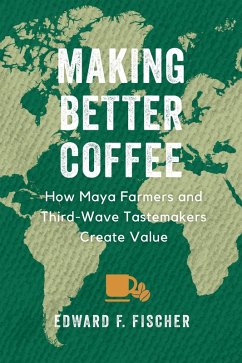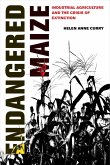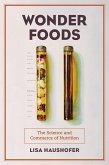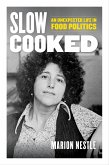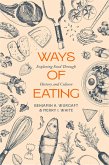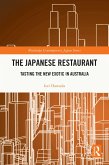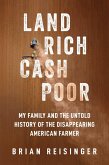An anthropologist uncovers how "great coffee" depends not just on taste, but also on a complex system of values worked out among farmers, roasters, and consumers. What justifies the steep prices commanded by small-batch, high-end Third Wave coffees? Making Better Coffee explores this question, looking at highland coffee farmers in Guatemala and their relationship to the trends that dictate what makes "great coffee." Traders stress material conditions of terroir and botany, but just as important are the social, moral, and political values that farmers, roasters, and consumers attach to the beans. In the late nineteenth century, Maya farmers were forced to work on the large plantations that colonized their ancestral lands. The international coffee market shifted in the 1990s, creating demand for high-altitude varietals-plants suited to the mountains where the Maya had been displaced. Edward F. Fischer connects the quest for quality among U.S. tastemakers to the lives and desires of Maya producers, showing how profits are made by artfully combining coffee's material and symbolic attributes. The result is a complex story of terroir and taste, quality and craft, justice and necessity, worth and value.
Dieser Download kann aus rechtlichen Gründen nur mit Rechnungsadresse in A, D ausgeliefert werden.

